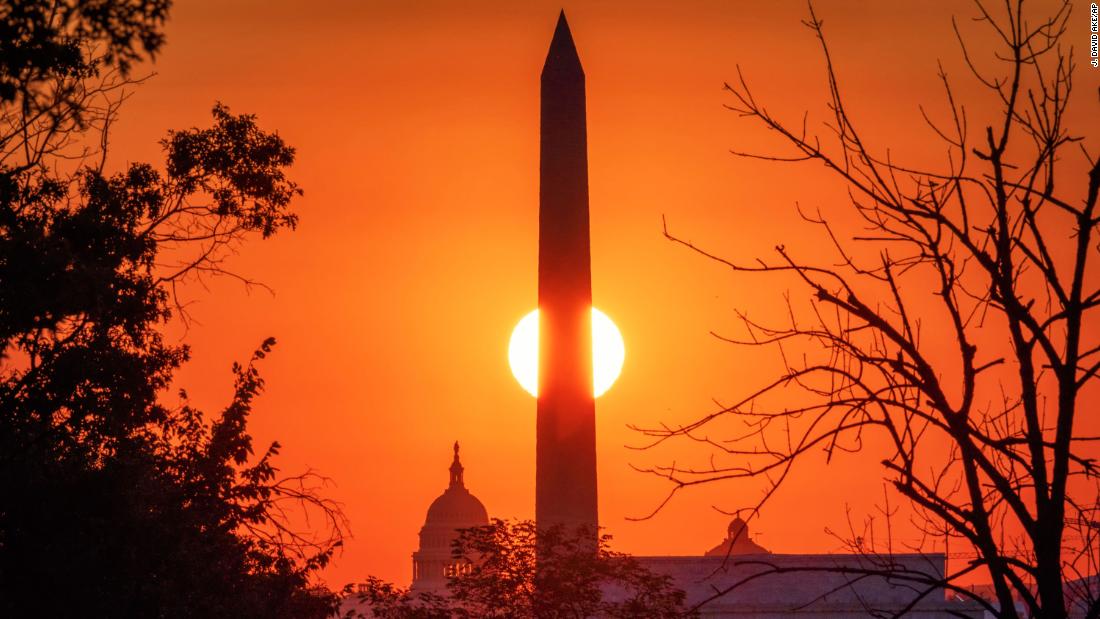
First day of fall: Why the equinox isn't as equal as you might think
CNN
Fall equinox for 2021 is here -- that day when you get equal amounts of daylight and darkness. Except it's not as equal as you think on the first day of fall. Find out whether you get bonus sunlight.
(CNN) — Twice a year, everyone on Earth is seemingly on equal footing -- at least when it comes to the distribution of light and dark.
On Wednesday, September 22, we enter our second and final equinox of 2021. If you reside in the Northern Hemisphere, you know it as the fall equinox (or autumnal equinox). For people south of the equator, this equinox actually signals the coming of spring.
Folks really close to the equator have roughly 12-hour days and 12-hour nights all year long, so they won't really notice a thing. But people close to the poles, in destinations such as the northern parts of Canada, Norway and Russia, go through wild swings in the day/night ratio each year. They have long, dark winters and summers where night barely intrudes.





















 Run 3 Space | Play Space Running Game
Run 3 Space | Play Space Running Game Traffic Jam 3D | Online Racing Game
Traffic Jam 3D | Online Racing Game Duck Hunt | Play Old Classic Game
Duck Hunt | Play Old Classic Game











